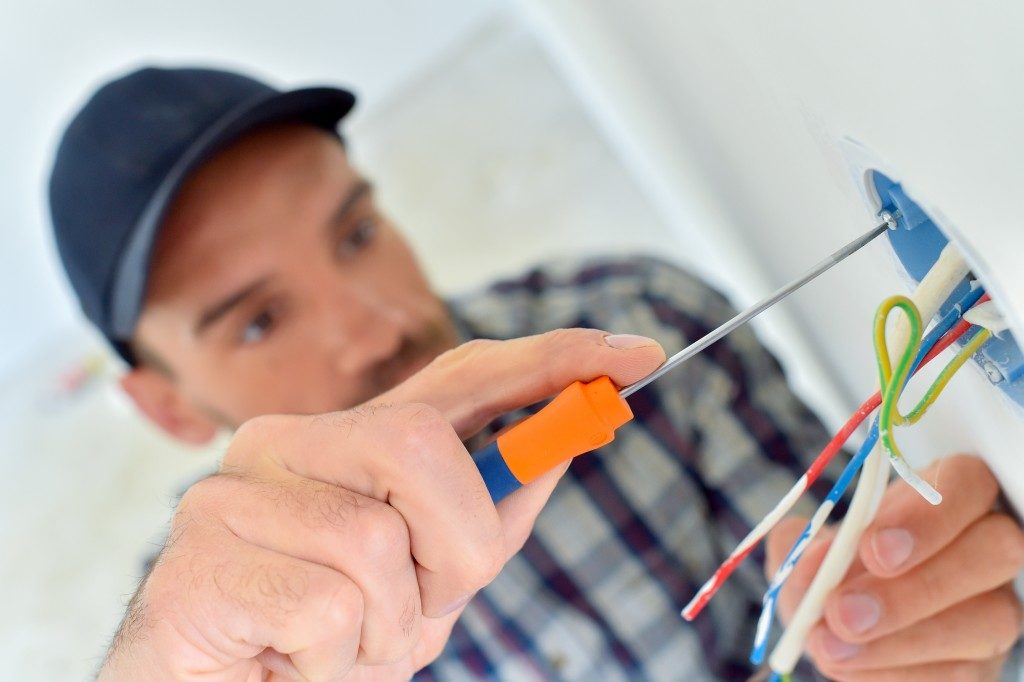Electricity has improved the lives of people, but it has many risks. Every year, electrical equipment, wiring, and other appliances cause fires and injuries in many homes. Taking prompt action to correct electrical problems can improve electrical safety in your house. Get some knowledge of basic electrical safety tips so that you can avoid electrical hazards in the future.

Dealing with short circuits
Short circuits can cause severe damage to your electrical system. Consider contacting an electrician in Salt Lake City to repair faulty electric lines in your home. You may also use protection devices to protect your loved ones against possible short circuit hazards.
The devices can detect the faults and trip the circuit before the surge current maximizes. The protection devices used in homes are fuse and circuit breakers. The fuse offers high breaking capacity at low volume and limits electro-dynamic stress.
It is used for phase-by-phase protection and should be replaced after the trip occurs. Circuit breakers are reset either manually or automatically. They break the circuit within a specific cutoff time and separate the load from the power supply, which protects the circuit from damage. The circuit breaker limits the thermal effect of the current.
Avoid naked wires
Having exposed wires around the house is dangerous, especially if you have kids. You only need an electrical tape to deal with the naked wires. Unplug the wire from the electrical outlet before sealing the exposed wires. Grab only the covered part of the wire to avoid electrical shock.
Locate all the places on the electrical cord with naked wires and wrap the wires with the tape. It should be followed by calling an electrician to resolve the problem. Sealing naked wires with electrical tape should never be considered a permanent remedy.

Ensuring children’s safety
Before you bring your baby home, you need to child-proof your house. Install ground-fault circuit interrupters (GFCIs), especially if your house has a water source. The GFCIs automatically switch off the power when they detect leaking current. Use electrical outlet caps on open sockets and plugs.
Children tend to stick objects and their fingers into open sockets and plugs. The outlets are made of plastic and are plugged directly into the power outlets. It prevents your child from poking anything into the open plugs. Ensure that all power strips are covered.
Power strips are common in many homes. They are used because they can power many appliances at once. A power strip cover is the best solution to preventing possible electrical hazards. The cover wraps up the strip and has an opening for the cords. Educate your children on the electrical safety rules they should apply in the house. Explain to them the dangers of overloading extension cords and power strips.
It is strenuous to keep your house safe from any electrical hazards. However, if you have kids, regular maintenance of the electrical system is important. Call an electrician regularly to assess the electrical system in your house. The best way to prevent electrical hazards is to stop them from happening.

